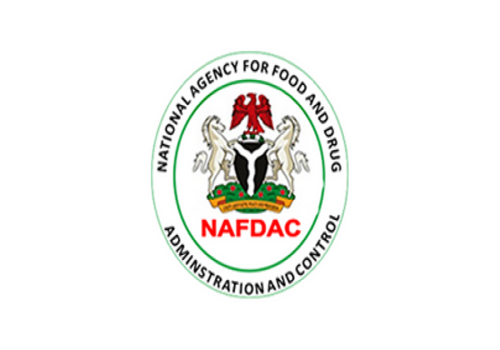The National Agency for Food and Drug Administration and Control (NAFDAC) on Tuesday launched three major public health initiatives aimed at protecting women and children, curbing malnutrition, and tackling the menace of substandard and falsified medicines across Nigeria.
The initiatives — the Maternal, Newborn and Child Health + Nutrition (MNCH+N) Initiative, the NAFDAC Office of Women and Children’s Health (NOWCH), and the National Action Plan on the Prevention, Detection and Response to Substandard and Falsified Medical Products (2023–2027) — were formally unveiled in Abuja by the Director General of NAFDAC, Prof. Mojisola Adeyeye.
Speaking during the launch, Prof. Adeyeye described the initiatives as “interconnected pillars” designed to advance safe motherhood, promote rational medicine use, and guarantee the safety and quality of food, drugs, and nutrition products in the country.
“These initiatives are not isolated projects; they are interconnected pillars that reflect NAFDAC’s unwavering commitment to protecting the most vulnerable among us,” she said.
Read Also:
- FG grants NAFDAC approval to recruit more staff
- NAFDAC puts fake medicine in circulation at 15%
- December deadline on ban of sachet drinks remains sacrosanct, declares NAFDAC
Prof. Adeyeye said the newly established office of women and children’s health will lead national awareness campaigns on exclusive breastfeeding, rational medicine use, and menstrual hygiene.
It will also promote the local production of paediatric medicines and sanitary products through collaboration with relevant ministries, non-governmental organisations, and the private sector.
On the Maternal, Newborn and Child Health + Nutrition (MNCH+N) Initiative, Prof. Adeyeye explained that it focuses on addressing the root causes of malnutrition and maternal deaths by ensuring that nutrition commodities meet regulatory standards and that breastfeeding-friendly policies are properly implemented.
She also highlighted NAFDAC’s ongoing collaboration with the World Health Organization (WHO), UNICEF, and the Global Alliance for Improved Nutrition (GAIN) to strengthen nutrition and pharmaceutical quality systems in the country.
Unveiling the national action plan on Substandard and Falsified Medical Products (2023–2027), Prof. Adeyeye said the plan provides a coordinated national framework for preventing, detecting, and responding to unsafe medicines.
“This plan mobilises national and international stakeholders to build a resilient pharmaceutical supply chain and promote accountability across the healthcare system,” she noted.
“It reflects our vision for a future where no mother dies from preventable causes, no child suffers from malnutrition, and no patient is harmed by falsified medical products.”
Nigeria’s Minister of Health and Social Welfare, Prof. Muhammad Pate, who commended the agency’s leadership, described the initiatives as “deeply consequential interventions” aligned with President Tinubu’s health sector reform agenda.
“These initiatives represent our collective commitment to improving the health and well-being of women, children, and families across Nigeria while safeguarding the integrity of our healthcare system,” Prof. Pate said.
The minister disclosed that Nigeria has recorded a 17 percent reduction in maternal deaths and a 10 percent decline in newborn mortality across 172 local government areas over the past two years, though he stressed that “more work still needs to be done.”
He also commended NAFDAC for maintaining its WHO Maturity Level 3 regulatory status — a benchmark for global regulatory competence — describing it as a testament to the agency’s diligence and professionalism.
The event attracted representatives of international development partners, civil society groups, and government agencies, who lauded NAFDAC’s initiatives as a major step toward strengthening Nigeria’s regulatory systems and improving public health outcomes.






